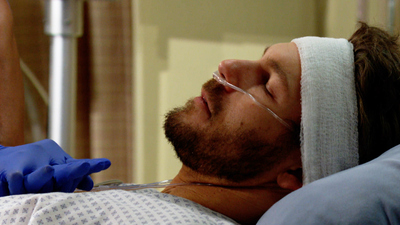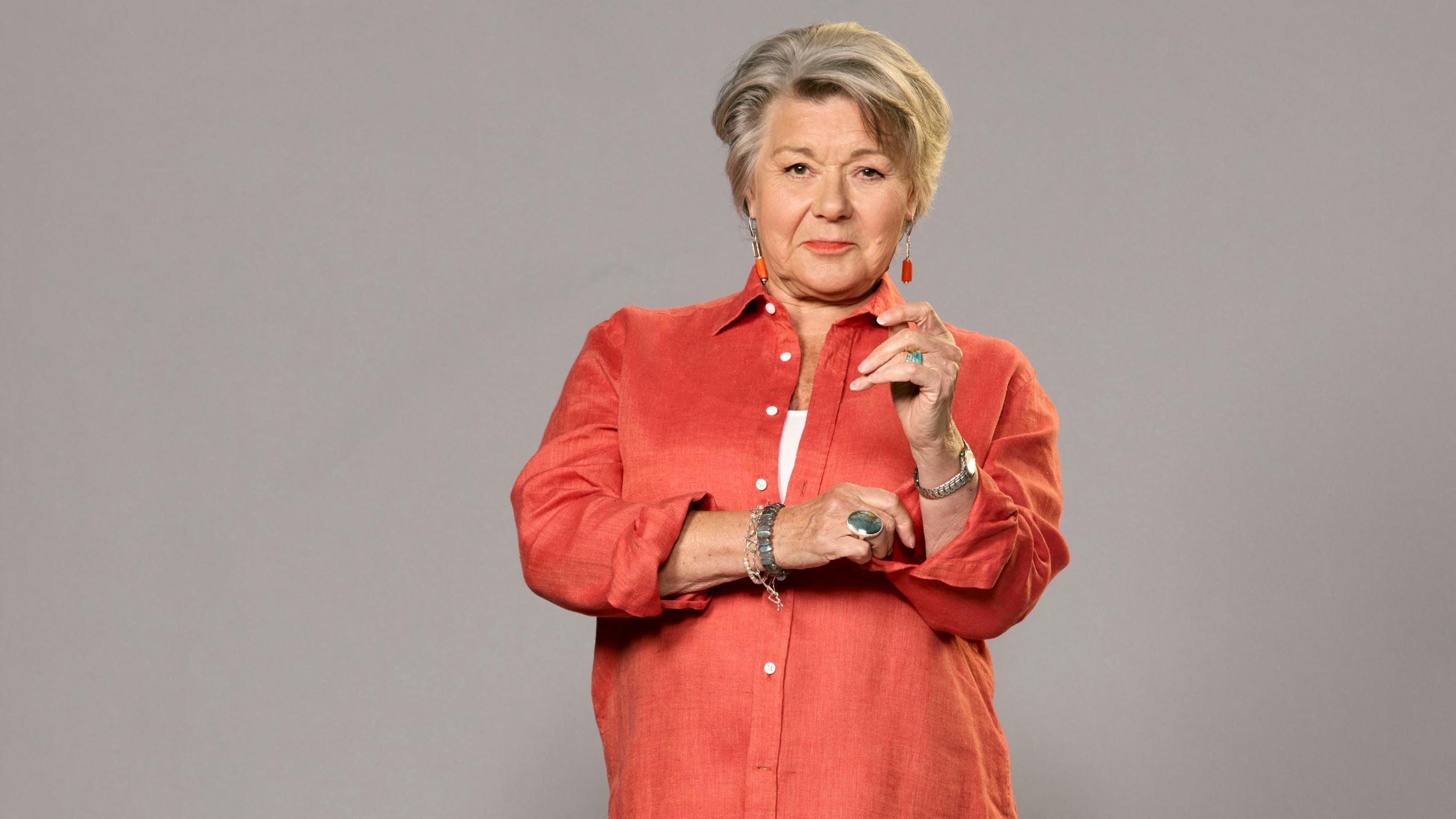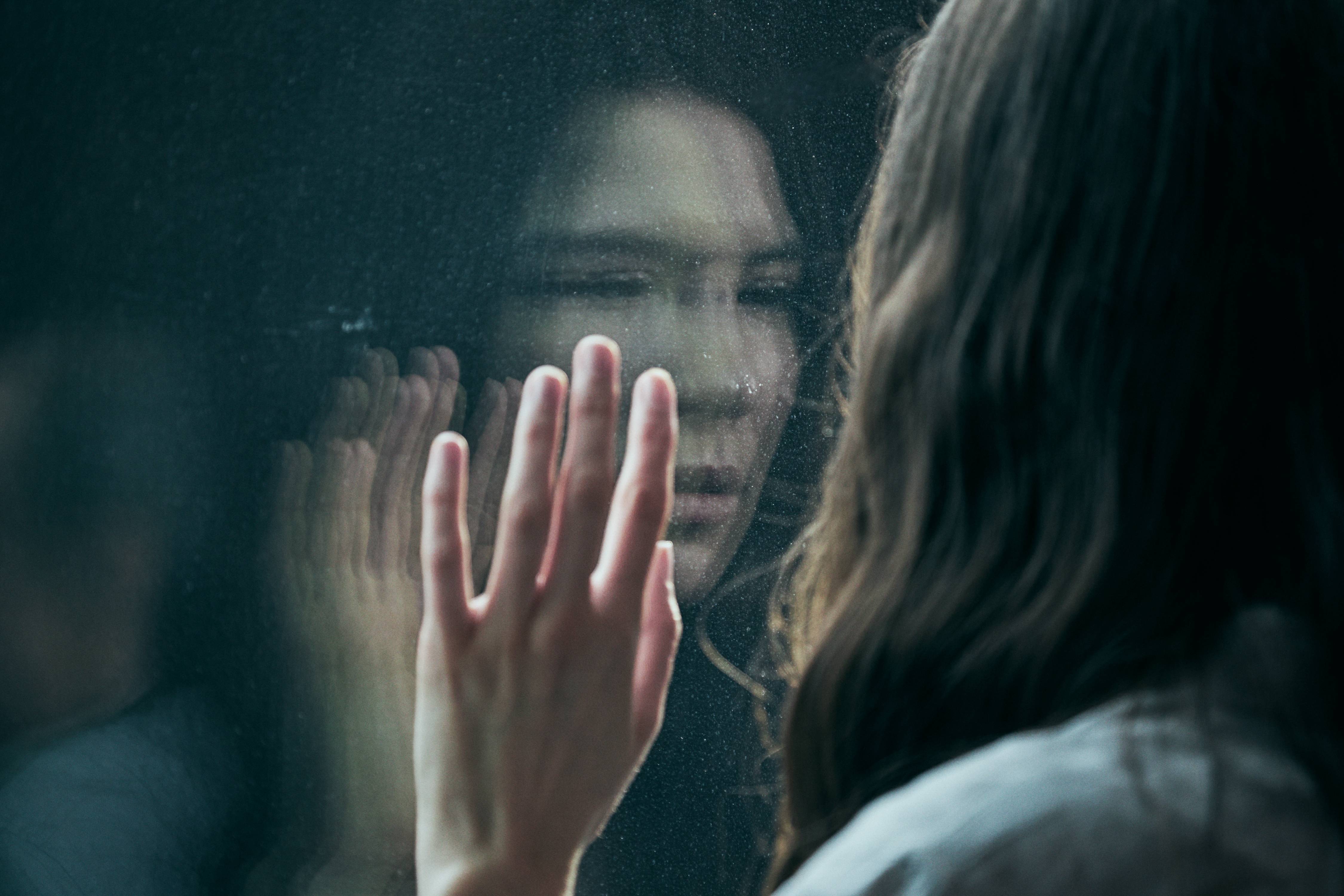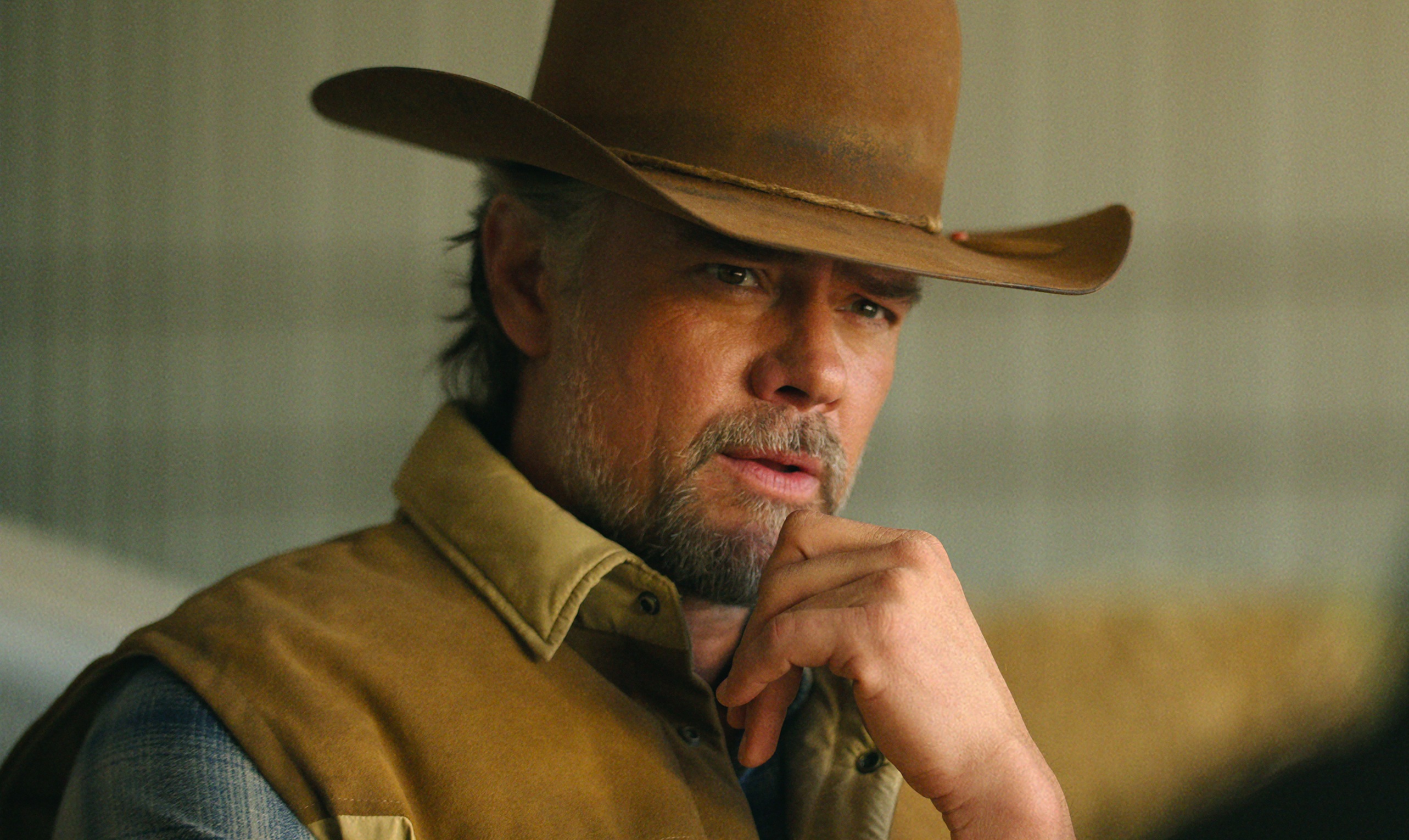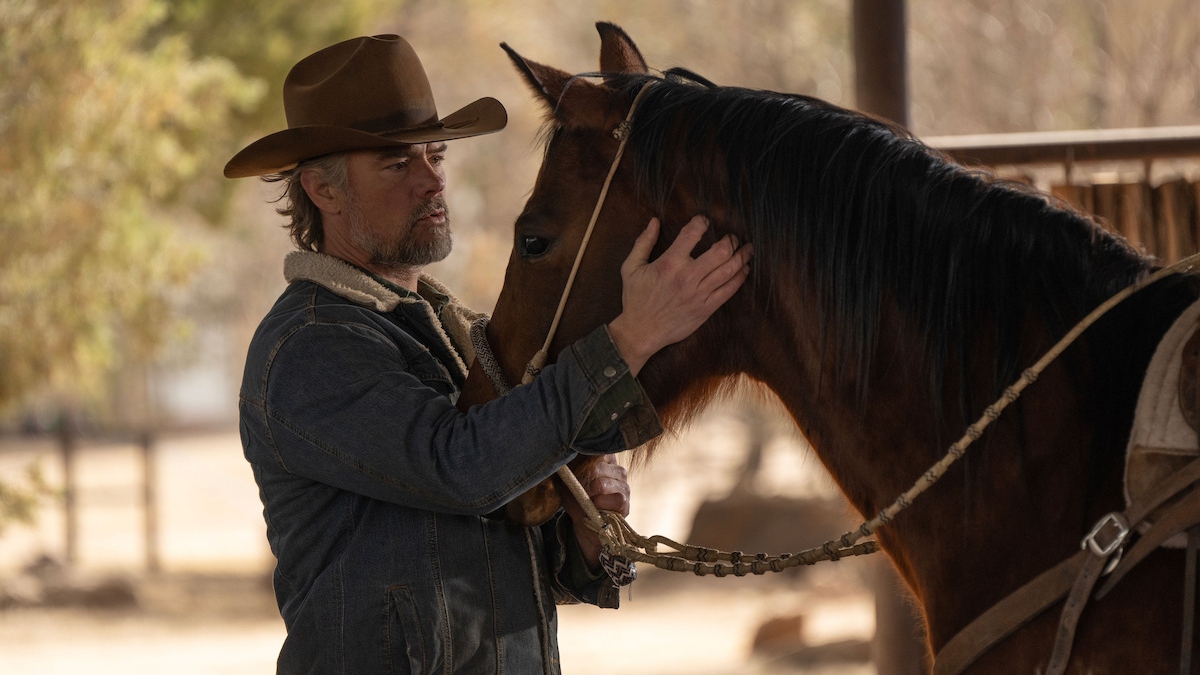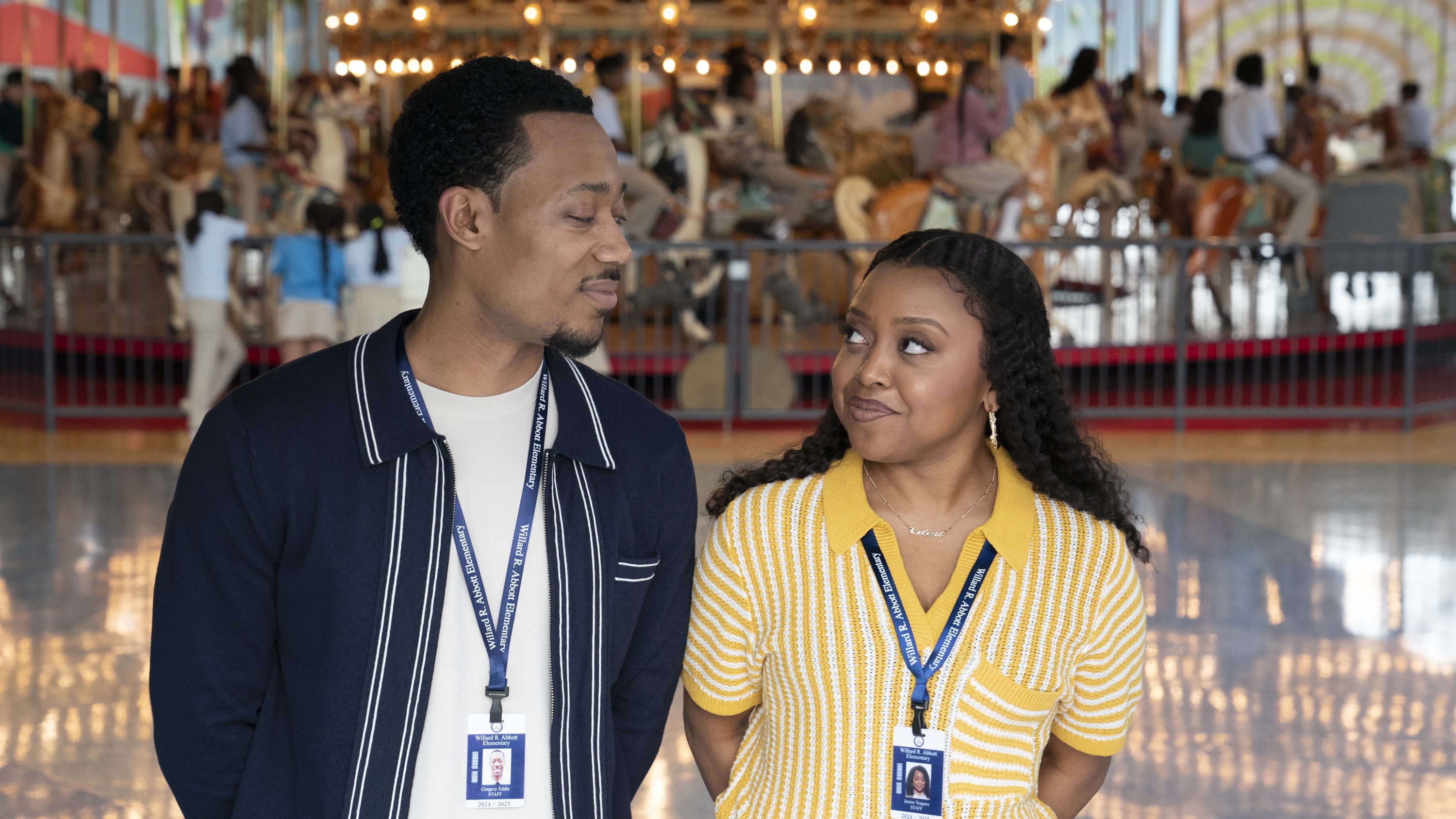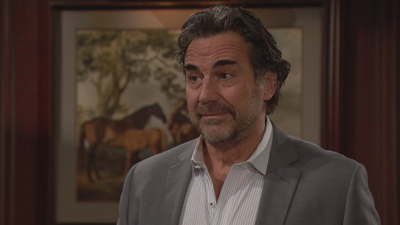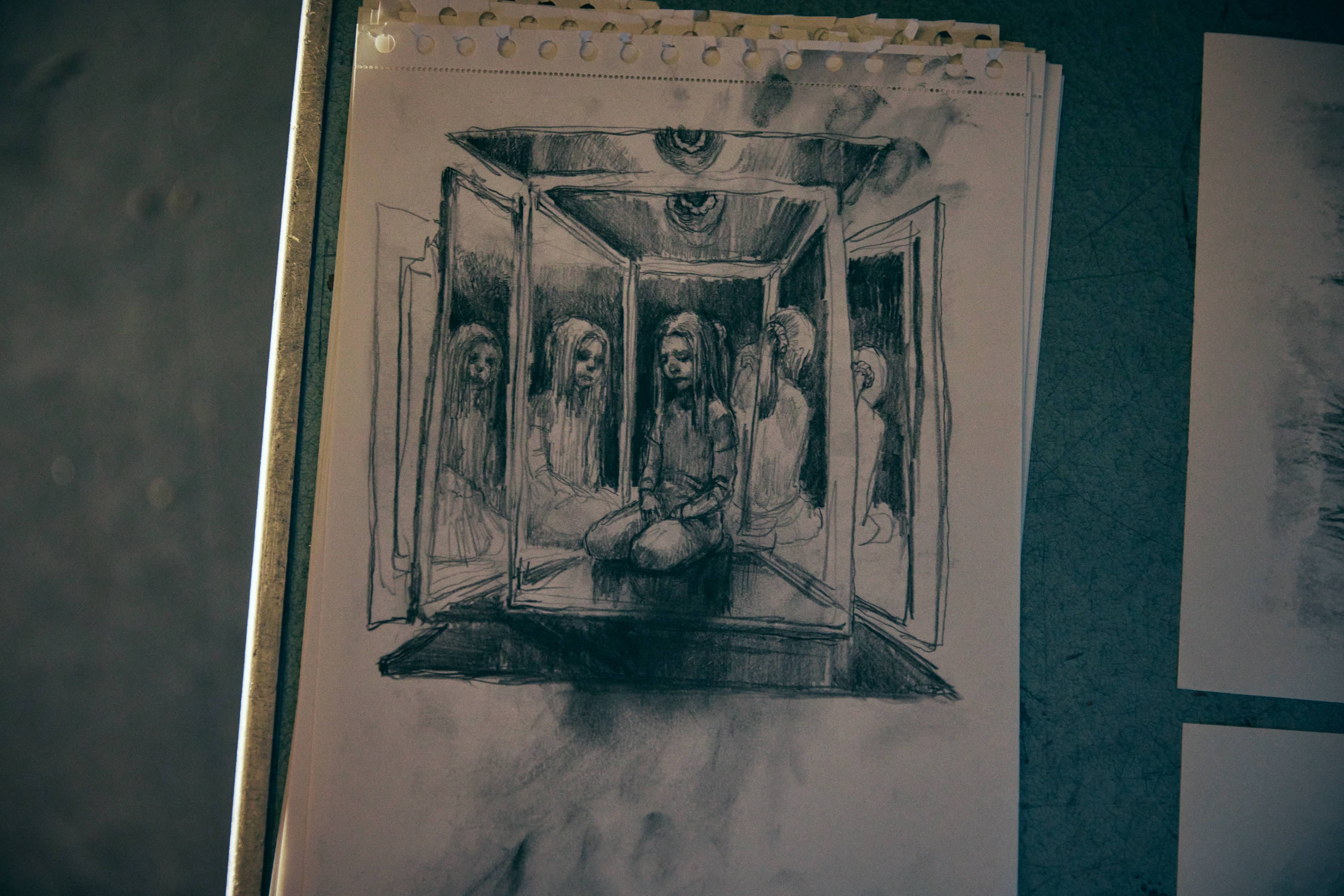Let Rian Johnson direct a ‘Phantom of the Opera’ movie, you cowards!
We want to see Rian Johnson make a 'Phantom of the Opera' movie already!
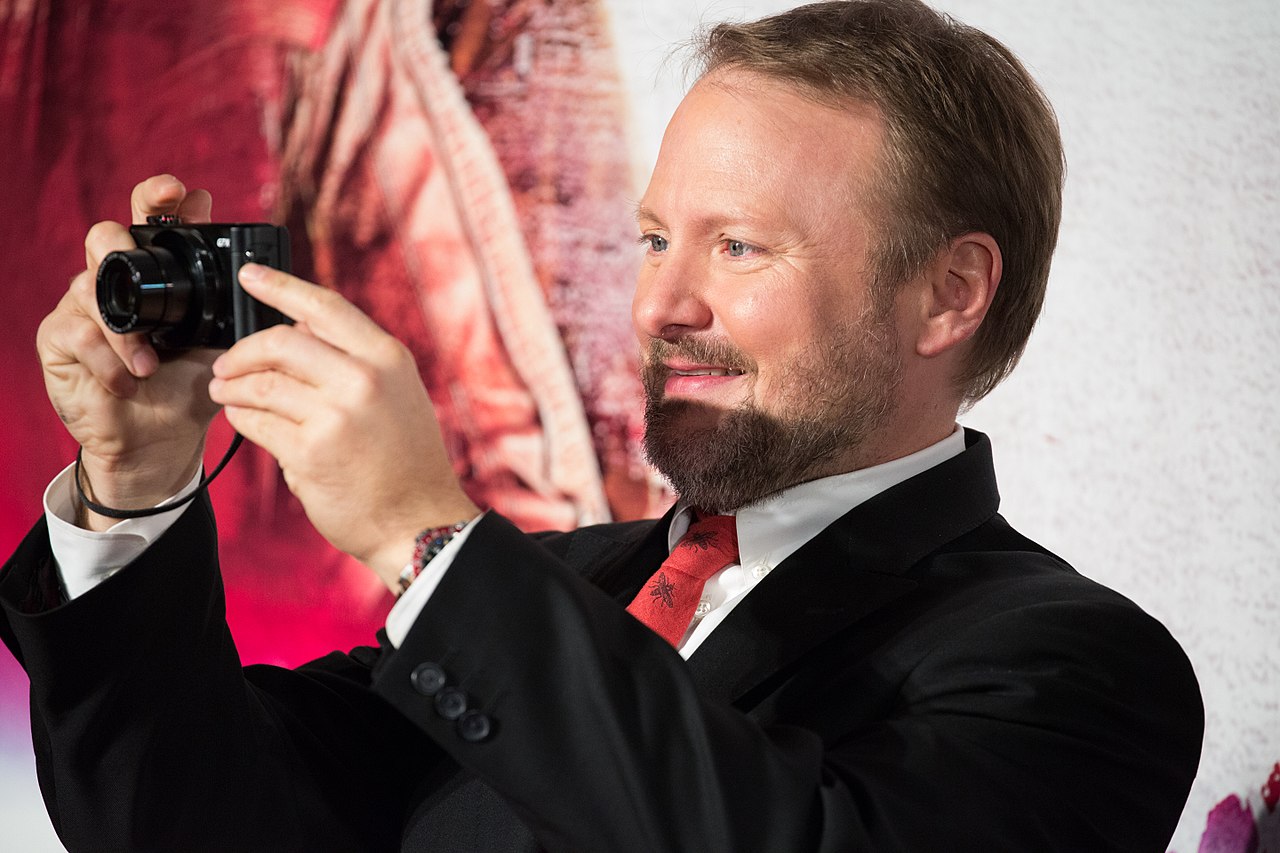
Rian Johnson is certainly a director who attracts a lot of attention. The filmmaker made a splash with his high school noir Brick in 2005, followed by the crime caper dramedy The Brothers Bloom, then the startlingly heady time travel thriller Looper. Between his cinematic efforts and celebrated TV work on shows like Breaking Bad, it was clear that Johnson would easily storm to the top of Hollywood’s talent pool. A little film named Star Wars: The Last Jedi simply speeded up that process. Now, with an Oscar nomination for the wildly entertaining whodunnit Knives Out under his belt, Johnson seems to have the industry at his fingertips. Put aside all the drama surrounding his Star Wars film, which includes mass harassment of him and his colleagues from bad-faith groups and the overinflated insistence that he is “divisive”, and simply consider Johnson’s potential.
This is a director who isn’t afraid to kill his darlings or subvert expectations. He’s comfortable in an array of genres with budgets small and mega-big. A Rian Johnson film is guaranteed to offer an array of twists and thematic layers, all with a hefty side of wit, emotional maturity, and a sharp awareness of his cinematic history. Many directors nowadays leap between indie and blockbuster movies – indeed, it’s basically the industry norm in the franchise era – but few seem so at ease in both arenas as Johnson. He’s a director whose choices will forever enthral us.
And so, I would like to share with you my modest proposal (and I must confess, my full-on fangirl fantasy): Let Rian Johnson direct a Phantom of the Opera movie.
But wait, I hear you ask, which Phantom are we talking about? The 1910 pulpy crime novel written by Gaston Leroux, or the musical adaptation by Andrew Lloyd Webber that remains the longest-running show in Broadway history? To that my answer is: yes. Let him do either, or both, if he is so inclined. Johnson is a self-confessed musical nerd who has a real love for Phantom and Lloyd Webber (but not Joel Schumacher’s 2004 movie adaptation of the stage show.) I’ve clung to this idea for quite some time now and not just for my own personal satisfaction. I genuinely believe that this would be an excellent meeting of creator and source material.
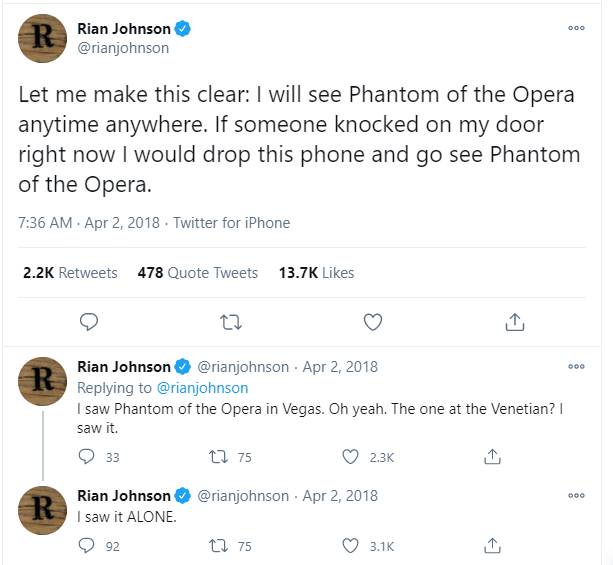
Leroux’s book is a strange and confused mishmash of genres, ideas, and morals. It takes form as a true story that Leroux himself is documenting, investigating the mysterious goings-on at the iconic Paris Opera House. What starts off as a Penny Dreadful-style pulpy crime tale evolves into a gothic mystery, a twisted love story, and a surprisingly layered ethical examination of society’s systemic cruelty.
Everyone, whether you’ve read the book or not, is familiar with the iconography of the eponymous Phantom – the masked genius with a face like a skull who wreaks violent vengeance in the name of obsessive love for a youthful ingenue – but less emphasis is put on the tricky emotional complexities of his character. Most adaptations either paint him as a 2-dimensional villain or, like the musical, play up the image of him as a misunderstood sex god whose love is earnest and relatable. There are many takes on Phantom, from the Lon Chaney silent movie to a Hammer Horror version to no fewer than three musicals (and an icecapades show!) None of them, however, have fully done the weirdness of the book justice. Rian Johnson totally could.
Johnson has never gone a gothic tale before, nor one this “romantic”, but hints of such themes are prevalent throughout his work. Anyone who’s seen The Last Jedi can attest to his ability to tease out sexual chemistry and play around with the age-old romantic dynamic of the good girl and the “bad guy” (thank you very much, Reylo shippers.) His best character work happens when traditional notions of storytelling – old-school love stories, heroes versus villains, fighting crime or saying the day – are subverted or pushed into much pricklier territory. That’s perfect for Leroux’s book, which succeeds despite its tonal inconsistencies because it forces readers to view its seemingly stock disfigured baddie as the product of a cruel world that rejected him. Its central moral – it is up to society to protect the vulnerable and ensure that they do not become the monsters we perceive them to be – is remarkably sophisticated for what was a rather fluffy pulp tale. It’s not hard to draw parallels between that and what Johnson did with The Last Jedi, stripping the Jedi Order and the predictable mythos of Rey’s past of their well-worn tropes in favor or something fresher and sharper.
Get the What to Watch Newsletter
The latest updates, reviews and unmissable series to watch and more!
Ultimately, The Phantom of the Opera is a story about trauma and deceit, cloaked in the lavish mystique of gothic Victoriana. It’s a narrative that sneaks in difficult questions and emotional quandaries while the reader basks in the period detail and high-concept central mystery. This is the kind of stuff that Johnson thrives on, balancing familiar genre trappings with witty subversions of those very same qualities. We’re long past the need for a Phantom adaptation that doesn’t reduce its complexities to black and white blocks, and at a time when we are interrogating the deep-seated qualities of classic stories, Johnson feels like the right fit to take this tale into the 21st century. A story about a 50-something man who gaslights a highly religious woman young enough to be his daughter into believing he’s an angelic spirit sent to guide her by her late father just hits differently at a time when we’re all more aware of gender imbalances and the true toxicity of such a dynamic. Why not give us an adaptation to match that?
I know that this piece is merely an extended excuse for me to share a personal fandom dream, but sometimes, such dreams should be shared with the world. If Lucasfilm doesn’t appreciate what Rian Johnson has to offer as a storyteller than someone else should leap in there and offer him a shot at source material he’s admitted to loving. Great things happen when you let talented directors do their thing, free from studio micromanagement, and Johnson is one of the best examples we have of that in the hyper-controlled franchise era of moviemaking. That’s why my fangirl theory totally makes sense!

Kayleigh is a pop culture writer and critic based in Dundee, Scotland. Her work can be found on Pajiba, IGN, Uproxx, RogerEbert.com, SlashFilm, and WhatToWatch, among other places. She's also the creator of the newsletter The Gossip Reading Club.

